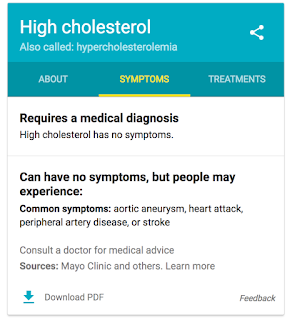2016. Today is New Year’s Eve. Tomorrow, it will be 2017…a new year.
Last year, my goals–some, crucibles of the depth of my character–were to be unhindered and incandescently persistent towards my goals, loving myself for who I am, and being appreciative of what the world has to offer for me. I’ve been subtly building these characteristics throughout the year and I’m quite proud to be able to reflect and say, I think I’ve attained these goals of mine.
So 2017. Here I am. I don’t know where this year will take me, but I’m sure it will be quite far from where I am now. I suppose some of these goals are far-fetched and somewhat chimerical for someone my age, but I’d still like to set them as goals.
- Build a better relationship between Self 1 and Self 2. I began reading The Inner Game of Tennis a few days ago since this vacation I’ve played a few tennis tournaments. I’ve consistently found that during tournaments, I don’t play as well as I do in practice [a common complaint], and I tighten up. I find self inflicted vitriol targeting the quality of my playing. I tense up…I double fault on the serves…my shots don’t go as deep…I take less risks with the sidelines…I’m just a complete mess on the court. Timothy Gallwey, the author of The Inner Game of Tennis, says that players often say, “I’m talking to myself” when they make a mistake. I need to stop doing that. When Self 1 (‘I’ or the criticizer/teller) takes over my game, Self 2 (‘myself’ or the doer/executor of the shot) is messed up by the criticism of Self 1. I vow to work on my mentality this year…it is a must. Trusting myself is something I’ve never quite demonstrated emphatically as a strength, and this year, I’m finding it more relevant to success in my life, from test taking to tennis tournaments.
- Be less self-denigrating. This was a goal of mine for eighth grade and I must say, with the guidance of my friends and advisor at school, I think I’m becoming better at forgiving myself. It almost ties hand in hand with building a better relationship between Self 1 and Self 2 because of the involvement and incorporation of avoiding criticism and being too hard on myself. When I feel this down, daunting sensation, I try to think about what I’ve done well instead.
- Raise education qualities/bring awareness in less fortunate states. Seems like such a big, vast and endless resolution for 2017 and it might as well carry into 2018. However, I’ve been doing research in my free time about the education systems in states like Mississippi and causes for the prevalent poverty. Mississippi is a state whose education consistently places 50th in the United States. I believe that historical events and current cultural systems have detained this state in particular, from growing as rapidly as its competitors. Cultural constructions are hard to shift, but I wonder whether online education benefit would benefit these students.
Happy New Year!








